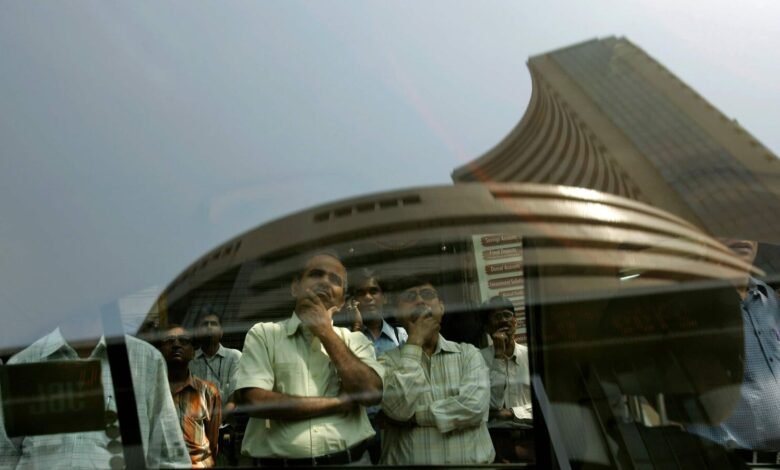Lok Sabha Elections 2024: How has stock market performed after past elections and what to expect after June 4?

The Indian stock market entered the Lok Sabha election 2024 season with the expectation that the incumbent government will continue to remain in power, and hence, the market has already factored in policy continuity.
Various opinion polls have projected seat wins in the range of 315 – 329 for NDA, while none of them have indicated a return of the INDI Alliance, with average seat wins in the range of 93 – 156 seats.
Analysts believe that the improvement in macro variables and the government’s focused approach on infrastructure development, while being fiscally prudent, has gained investors interest in recent years.
Domestic equities have seen heightened volatility and concerns over the low voter turnout have spooked the markets initially, which, though not a reliable indicator, is expected to impact the seat tally of the Prime Minister Narendra Modi’s party Bhartiya Janata Party (BJP).
However, brokerage firm JM Financial said it did not find a clear trend in the relation between voter turnouts and results in the past.
Voter behaviour is different in every election, depending on the narrative that is painted at that time. For instance, NDA retained power in 1999 with lower voter turnout but lost to the Congress-led United Progressive Alliance (UPA) in the next election (2004) with lower turnout.
“Generally, it is seen that increased dissatisfaction with the incumbent government or higher level of connection with the issues raised by a political party (challenger) tend to raise voter interest / turnout, which increases the chances of a change in government. None of the above scenarios is playing out in the current election,” JM Financial said.
Also Read: Lok Sabha Elections 2024: 4 investment strategies to follow ahead of election results next week
Meanwhile, with the onset of the election, volatility in the Indian share market picked up sharply.
JM Financial’s assessment of past election periods revealed that volatility tends to spike with the onset of elections and collapses on/around the date of election results when the uncertainty diminishes. On similar lines it believes that VIX has peaked in this cycle and is expected to wane till the results date, when it will finally collapse to normal levels.
As policy continuity is in its base case, the brokerage firm expects healthy gains to follow election results on 4th June, and believes any dips should be bought into.
How did the markets perform in the last five general elections?
JM Financial’s assessment of market returns during the last five general elections reveal that overall stock market returns turn positive in three months post results while on a sectoral basis positive returns are seen largely across sectors six months post results.
SMIDs (Small and Midcaps) outperformed large caps post results in every timeframe in past cycles. We are cognizant that the above approach will even out individual sector performance and may, hence, not repeat going forward. As market performance was impacted by concerns around global slowdown during August 2019, analyzing returns post 2019 elections will not give a true picture; hence, we look for periods where market conditions were similar, i.e., 2014 general elections when equities were already performing in the run-up to elections, said the brokerage.
It observed that sectors like Auto, Consumer durables and Healthcare outperformed the benchmark index back then while on a broader level SMIDs outperformed large caps.
What should one expect after Lok Sabha election results?
JM Financial expects the Indian stock market to witness healthy gains after the election results and believes any dips should be bought into.
“Policy continuity will ensure that the government’s main focus will remain on infrastructure development and manufacturing, which will benefit sectors in Defence and Capital goods space. However, unlike in past periods, in this cycle we prefer Large caps over SMIDs in 2024 as we look for valuation comfort,” it said.
On a sectoral level, the broking house finds valuation comfort in Private Banks and Consumption space, which are expected to outperform the benchmark in the near term.
Currently, Nifty is trading at 20x forward PE, closer to one standard deviation from long-term mean, which it considers reasonable.
After the election results, the markets will shift their focus on to the Union Budget, which is likely to be tabled in July.
Disclaimer: The views and recommendations made above are those of individual analysts or broking companies, and not of Mint. We advise investors to check with certified experts before making any investment decisions.
You are on Mint! India’s #1 news destination (Source: Press Gazette). To learn more about our business coverage and market insights Click Here!
Source link




